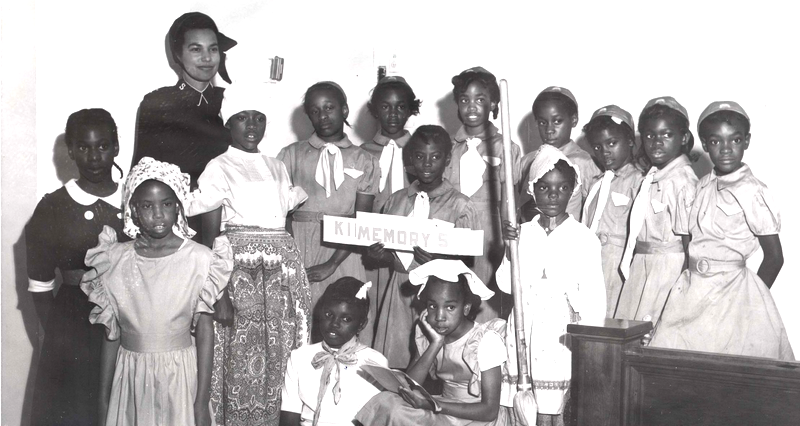Honoring a Trailblazer: Major Norma T. Roberts

As February begins, it’s a time to reflect on the extraordinary contributions of African Americans throughout history. While the achievements of leaders like Frederick Douglass and Dr. Martin Luther King Jr. are rightfully celebrated, many unsung heroes have also profoundly impacted their communities. Among them is Major Norma T. Roberts, a pioneering figure in The Salvation Army whose life and work exemplified faith, determination, and a commitment to justice.
The Salvation Army has a rich history of service and inclusion, yet Black Salvationists like Roberts have faced challenges tied to racial prejudice. Through her remarkable journey, Roberts demonstrated how faith could overcome barriers and transform communities in need.
In 1944, Norma T. Roberts left her job in the federal government to follow a calling she couldn’t ignore: to join The Salvation Army. Her application to the College for Officer Training in Atlanta, Georgia, was denied due to racial discrimination. Undeterred, she applied to the Eastern Training College and was accepted.
After her commissioning, Roberts began her ministry at Booth Memorial Hospital in Queens, working with unwed mothers. She was known for her tireless advocacy for the impoverished families in the surrounding neighborhoods and her outspoken nature regarding the systemic injustices they faced.
Her passion for service extended to the racially divided Southern Territory. Despite objections from her superiors, who worried about the prejudice and physical risks she might encounter, Roberts remained determined. In 1949, her persistence paid off, and she was assigned to a service center in East Little Rock, Arkansas.
The conditions in East Little Rock were dire. Poverty, unemployment, and inadequate housing plagued the community. Roberts immediately got to work, establishing children’s programs, providing food and essentials, and counseling struggling families. Her ministry drew attention from local media, leading to public support and the construction of a new community center in 1952. Through her efforts, over 6,000 lives were touched, offering hope and dignity to countless individuals.
Roberts’ service extended beyond Little Rock. She later served in Lexington, Kentucky, Tulsa, Oklahoma, and ultimately joined the staff at the College for Officer Training in Atlanta—the same institution that had once denied her entry. She became the first African American officer appointed there and later the first African American social services secretary in The Salvation Army’s Southern Territory.
Major Norma T. Roberts retired in 1985 and now resides in Fairfax, Virginia. Her unwavering dedication to service transformed communities and helped pave the way for greater racial equality within The Salvation Army and beyond.
Roberts’ story is a reminder of how one person, driven by faith and a calling to serve, can leave an indelible mark on the world. As we reflect on her legacy, may we be inspired to act with the same courage and conviction. Her work serves as a challenge to us all to rise to the moments of truth in our own lives, carrying forward the mission of love and service she so powerfully embodied.
